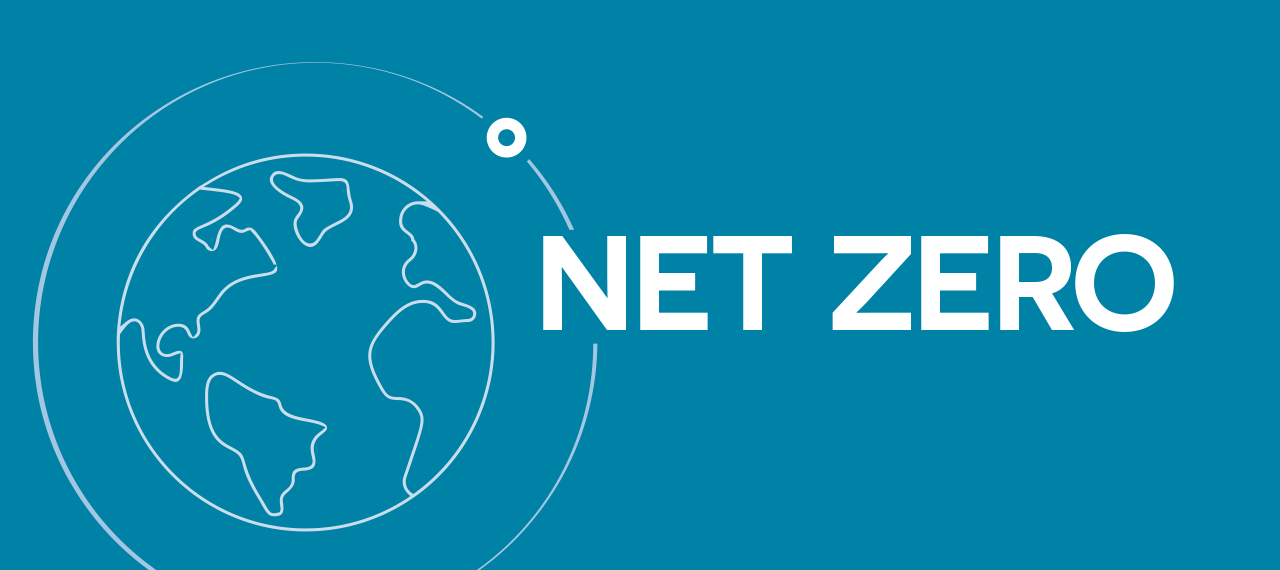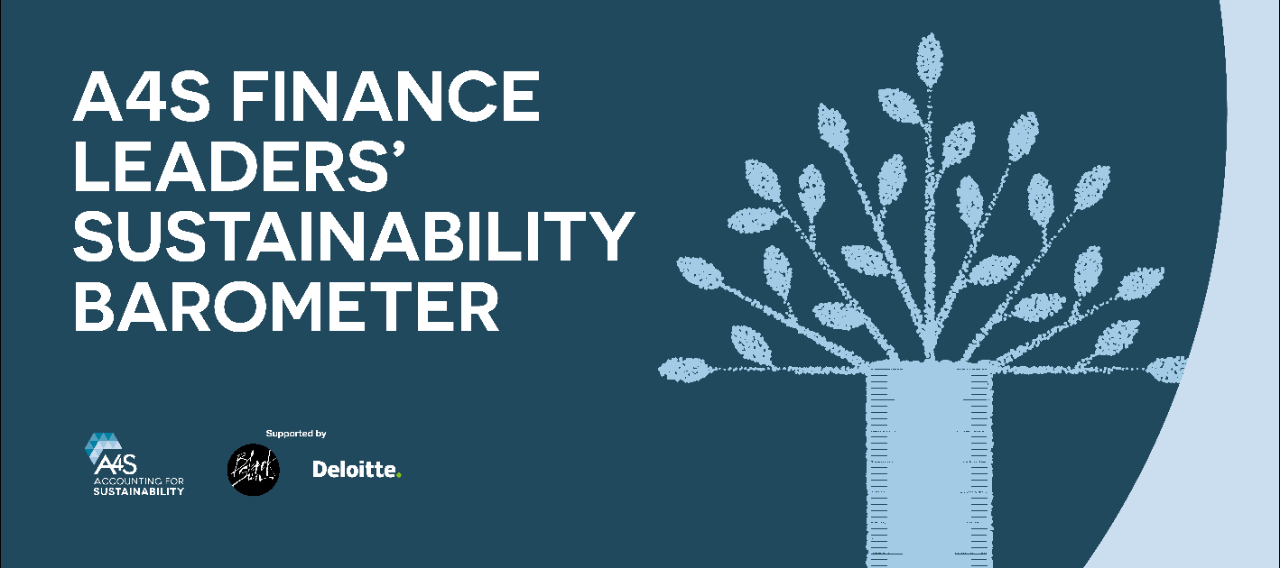Transition Plans Q&A with Joy Williams, GFANZ

The Glasgow Financial Alliance for Net Zero (GFANZ) is a global coalition of financial sector institutions and their sector-specific alliances working together to accelerate the world’s transition to net zero greenhouse gas emissions by 2050 and achieve the objective of the Paris Agreement to limit global warming to no more than 1.5°C. GFANZ launched in April 2021 to expand the number of net zero-committed financial institutions and to establish a forum for addressing sector-wide challenges associated with the net zero transition, helping to ensure high levels of ambition are met with credible action. It was formed by UN Special Envoy on Climate Action and Finance, Mark Carney, and the COP26 presidency, in partnership with the UNFCCC Race to Zero campaign, to coordinate efforts across all sectors of the financial system to accelerate the transition to a net zero global economy. At COP26 in Glasgow, UN Special Envoy for Climate Ambition and Solutions Michael R. Bloomberg joined as Co-Chair and former SEC Chairman and Head of the Secretariat for the Task Force on Climate-related Financial Disclosures (TCFD) Mary Schapiro joined as Vice Chair and Head of the GFANZ Secretariat.
Our recent Finance Leaders' Sustainability Barometer highlighted a gap between sustainability ambitions and the work to make them a reality. Transition plans are a vital step to closing this gap. On November 1st 2022, GFANZ launched their final recommendations and guidance on 'Financial Institution Net-zero Transition Plans'. These recommendations by GFANZ describe how financial institutions can operationalize their net zero commitments and support the real-economy transition.
Here we share a quick question and answer session we had with Joy Williams, Executive Director, Financial Institution Transition Planning at GFANZ, at the time of the launch of their transition plan recommendations.
Q. What is the role of a transition plan in achieving an organization’s net zero objectives?
A. Net zero transition plans turn a net zero commitment into a set of goals and actions that a financial institution will take over time to achieve their objective with a focus on real-economy emissions reduction. These plans can help to galvanize commitment and ambition into action across the organization. Robust plans can provide assurance and credibility that net zero transition commitments have integrity and can be held to account. Transition planning can therefore support the vital investment in the real economy that is required to facilitate emissions reductions. Through these recommendations we hope to play a role in standardization which will further build trust, transparency, and accountability.
Q. What are the key considerations for finance professionals on transition plans?
A. GFANZ has identified four key financing strategies that define transition finance. Financing in line with these strategies is critical to delivering real-economy emissions reduction in support of an orderly, net zero transition. They are:
- Developing and scaling Climate Solutions
- Financing or enabling entities that are already Aligned to a 1.5°C pathway
- Financing or enabling entities committed to Aligning with 1.5°C-aligned pathways
- Financing or enabling the accelerated Managed Phaseout (via early retirement) of high-emitting physical assets
The 10 components of the GFANZ proposed net zero transition framework provide a common framework for transition finance that advance the net zero transition and provide oversight of the implementation of the net zero transition plan.
The 10 components are organized into five themes:
- The Foundations theme covers the principles, assumptions, and context that a financial institution should articulate once it has committed to achieving net zero GHG emissions by 2050 or sooner.
- The Implementation Strategy theme covers how the financial institution can integrate transition strategies into its core business activities and decision-making processes as part of its strategy to align with the net zero transition. There are three components to this theme: products and services, activities and decision making, and policies and conditions.
- The Engagement Strategy theme recognizes that a net zero transition will require action from across the financial sector, real-economy companies, and government, and that financial institutions play a significant role in supporting and advising clients and engaging with portfolio companies. The three components cover the different stakeholders: those in a business relationship with the financial institution — clients and portfolio companies; peers in industry; and those in government and the public sector.
- The Governance theme covers the internal corporate governance mechanisms with two components: roles, responsibilities, and remuneration; and skills and culture.
- The Metrics and Targets theme discusses how financial institutions can monitor progress toward net zero-aligned targets across three categories: real-economy emissions reduction, net zero transition plan execution, and financed emissions.
Q. What do you recognize as key challenges in putting together a transition plan and how does your guidance help overcome this? And, how would you suggest organizations get started in developing a transition plan?
A. One key challenge is that a transition plan will involve multiple stakeholders across any given institution. Our Governance component seeks to address this; it states: Skills and culture recognizes that the financial professionals in the institution will need access to resources, new knowledge and skills, and education in this transition.
Our report also recognizes the need for continued progress on a number of issues for transition plans or related to the net zero transition. However, we encourage financial institutions to start developing plans as soon as possible. In our framework, the Foundations theme helps to clarify and detail the objectives of a general net zero commitment for the specific circumstances of a financial institution and sets the context for the Implementation and the Engagement strategies. At the same time, the Governance theme details many internal levers that may be available to practitioners to build the project management needed for a net zero transition strategy.
Q. How does this guidance complement other guidance on transition plans currently in the market?
A. Our framework highlights and reinforces the other guidance in the sector.
GFANZ has worked with representatives of the sector-specific alliances and has also been in close contact with key third-party sector expects, such as the International Sustainability Standards Board (ISSB), TCFD, and the UK Transition Plan Taskforce (TPT), to name just a few.
Our voluntary guidance is pan-sector, so it should be reviewed alongside any sector-specific guidance by a given financial institution and can be a resource to support developing and implementing net zero transition plans. For example, the GFANZ framework may provide a lens on the elements of a transition that is helpful in assessing your current net zero transition plan, in communicating to senior decision makers the structure and importance of a net zero transition plan, or in educating colleagues.
Financial institutions should refer to sector alliance-specific guidance for detailed guidance for unique characteristics of their business.
Q. What’s next in your plans?
A. Since the release of our guidance, we have been engaging with the policymakers, standard setters, and stakeholders, to share the recommendations and guidance.
GFANZ will continue to work with its members, regulators, and sector experts, among others, to advance progress where GFANZ is best placed to contribute.



